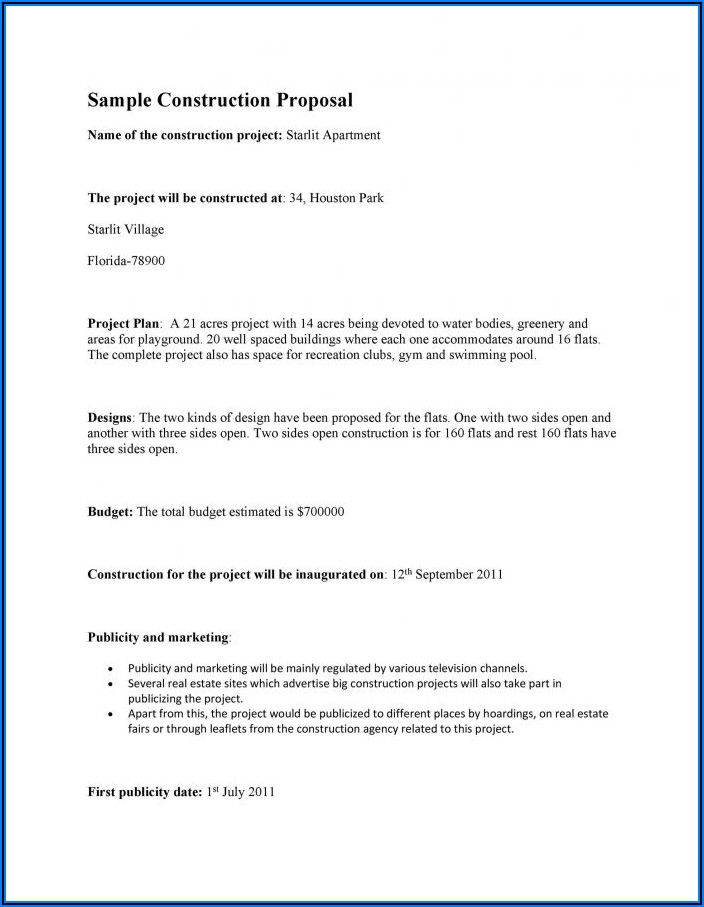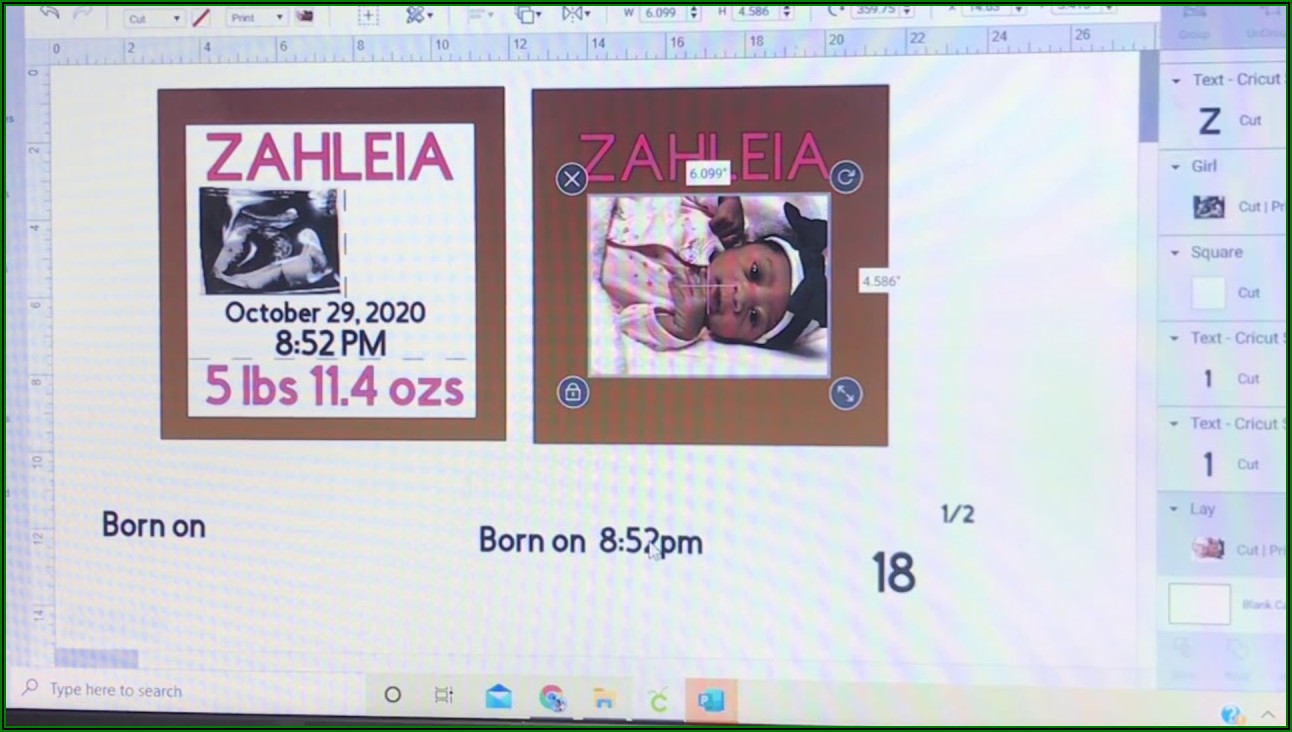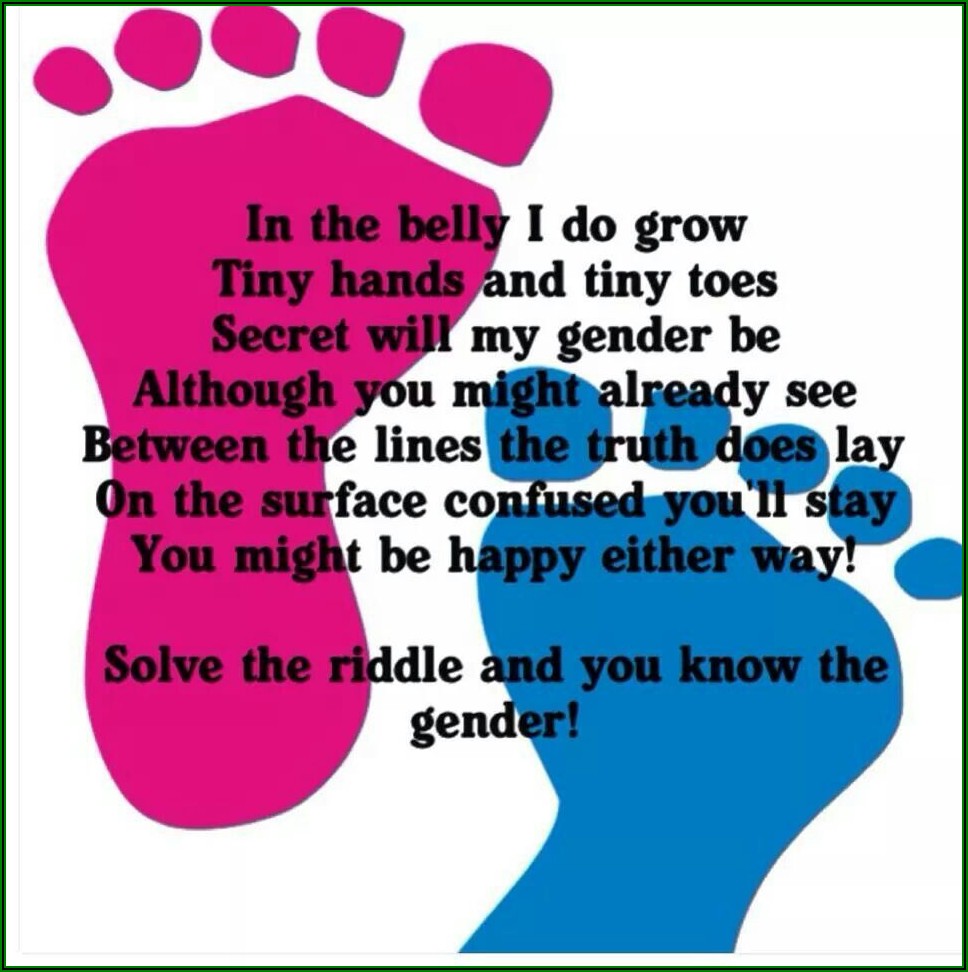We’re in constant contact with one another on a daily basis about something. Communication is a major part of our lives today isn’t it? However, a lot of it isn’t going well. What’s the reason? Because much of what we speak and write doesn’t seem transparent to the other person. We could give a myriad of instances of communication issues however, the majority if not all stem from a confusion. It’s simple and clear. This article provides ten main reasons that cause confusion.
1. We do not take the most crucial steps out of a procedure.
Have you ever offered directions to a stranger but not tell the person to leave at a crucial landmark? Perhaps you didn’t mention that landmark since it’s part of the everyday landscape that is taken for granted. The landmark, however, unknown to the individual must be able to be able to see on the way to reach his destination. It doesn’t matter how good your overall directions were , if you did not inform the person of the location.
2. We have conversations in circles.
If you are talking with your hands in circles, you generally don’t know what you’re trying to convey. You, too, aren’t clear. If you’re not clear how do you communicate an idea to someone else in a manner she will be able to comprehend? It’s nearly impossible. Find out what your primary point is and explain it. Give a few examples to help you prove your point. After that, you can summarize your message in a more interesting way. This is logical and the majority of people follow the procedure. Imagine taking your vehicle from one place to another on a major direct route, rather than taking a detour through a series of twisting, narrow two-lane roads.
3. We don’t offer the information you need.
If your spouse wants to know what type of birthday cake you’d like to have and you don’t mention to him that you would prefer the frosting that is whipped Don’t be shocked to find the cake decorated by buttercream. If this happens, it’s not the fault of your spouse’s blame. It’s your responsibility. In this case , you left out an essential element of information. This is why you didn’t get the cake you’ve always wanted. You didn’t provide enough detail with your descriptions. Perhaps you bought a wonderful chocolaty gateau. But you had frosting that you didn’t enjoy.
4. We can mean one thing, but we mean something else.
It’s a gorgeous morning in the early days of spring. In the afternoon, several times you talk about how wonderful the idea would be eat in the front porch. As you sit down to have dinner and you find the picnic table set up for two. The breeze is moving, and the air is fresh. There’s no reason to be eating outside in the cold, knowing you’ll feel cold. When you raise concerns with your spouse, she gets angry. She claims that she was seeking to satisfy you. You inform her that you’re just dreaming about eating outside. The woman took your words as literal, and this led to the issue.
5. We talk too softly.
If you speak with such a soft tone that the person listening to you is unable to be able to hear you clearly, it is possible to misunderstand. The person who is listening might only take in bits of what you’ve said. Therefore she may make up the gaps using the information she believes to be appropriate. The information she contributes to the conversation might be incorrect or inaccurate. If it’s a simple conversation that is friendly between two people there’s no reason to think this is an issue. If you were telling her how to cook an exact recipe It’s a different story. If you’re someone who speaks very in a soft manner on a regular basis think about the reason you’re doing it and what the implications might be.
6. We discuss a subject in a way that which the other person does not have.
It’s been a task at work for several weeks and are now. You’re familiar with the details inside and out, both forwards and backwards. In the morning, you ask an employee to take care of the specific task associated with the project However, you don’t provide the necessary background information for the task he has to tackle. After a few hours, you find out that he handled the task in a way that you would never have had you completed the task yourself. You’re furious. You can’t continue this project until you reverse the work of your colleague. This means that your project will not be completed in time.
7. We don’t answer any questions that need clarification.
Your boss has given you a particular task and you’re 100% certain about the best way to go about it. The remaining 15 percent? You’re not sure regarding that portion. However, you decide to take the plunge and finish the job. Through the day, you question whether you’re performing the task in the proper manner. It’s a worry, but you go going. Then at the end of the day, you present to your boss what you’ve accomplished. If she informs you of how disappointed she is you feel awful. If you’d only inquired about the questions that were swirling around in your head… even before you got started.
8. We make use of ambiguous words.
A member of your staff performs poorly regularly. You’ve been disappointed with her work for quite several months. The day is now her appraisal and you must take the matter to the next level. When you are sitting in the same office You tell her that you believe she’s capable of performing better at work. If she asks directly whether you’re satisfied with what she’s doing, you get up from your chair, take a deep breath and then say “not precisely”. You believe that she can reduce her speed and concentrate more to avoid making mistakes. Never take her eye and tell her she must improve by following the specific steps at a particular time.
9. We presume that the other person is aware of what we are talking about.
The meeting of the staff just ended and you’re leaving the conference room with a friend who you know. You tell them, “It was a little cool inside isn’t it?” The coworker stares at you with a blank expression, uncertain of what you’re talking about. Then you say, “Chilly. In other words, Bob.” Another blank look. You say, “Well, Bob was in a state of confusion, don’t think?” It’s now clear that your coworker has no clue what you’re talking about. He’s trying hard to understand what you’re saying, but isn’t able to follow. You go away, thinking that he’s a bit naive.
10. We don’t think about it until the end.
You’re headed to the parking lot following an exhausting, long working day. One of your office colleagues is in the same boat as your mood and asks how you’re doing. You reply that you’re fine however you would like to be more specific. ….Your person looks towards you in a curious expression, hoping that you’ll give them something more. You then say that your you’d be less stressed at work when ….but you don’t complete your sentence. The next day, you’re annoyed because your friend did not realize the concept you had in your head. The reason for this is it being because you failed to share your thoughts in full. You had an idea of the thoughts you had, but didn’t communicate the entire thought. You can’t believe that anyone can understand your thoughts.




















